The University of Technology Malaysia’s (UTM) Living Laboratory turns campus food waste into sustainable resources. This project, supported by EMRO Malaysia, engages students and the local community in composting and sustainable farming, transforming over 2 tons of organic waste into valuable compost and eco-friendly products.
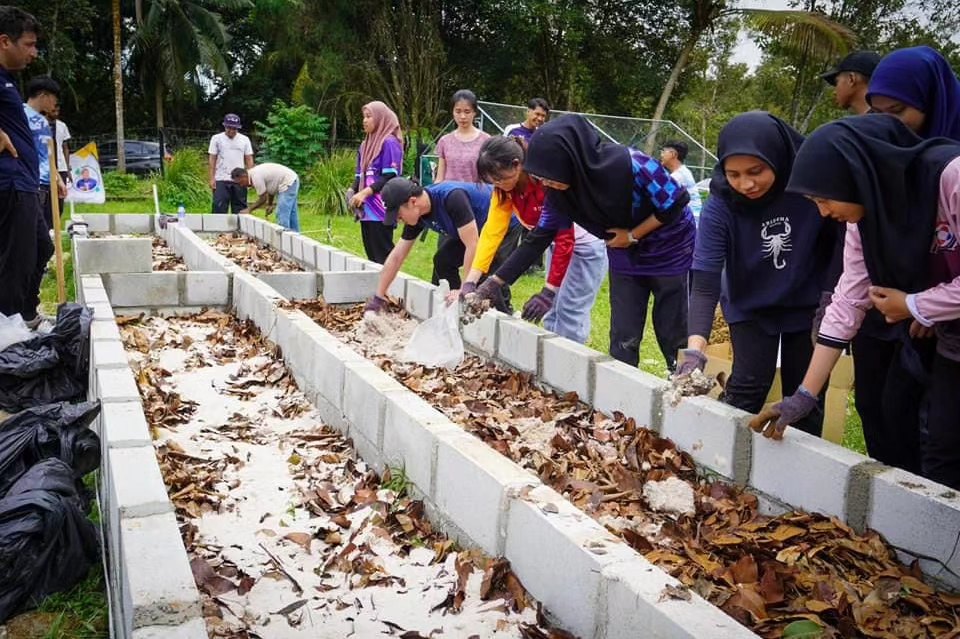
The Living Laboratory: Sustainable Educational Farm at the University of Technology Malaysia (UTM) is an innovative project that transforms campus food waste into sustainable agricultural resources. This initiative, a collaboration between the Merbauan Agrotechnology Club (Magrotech) and UTM International, is based on an organic garden model.
The farm was officially opened at UTM’s Faculty of Science on June 8, 2024.
EMRO Malaysia supports the project by providing EM Bokashi and Activated EM・1 (AEM).
The Living Laboratory Project is led by Associate Professor Dr. Norahim Ibrahim, who mentors both local and international students, as well as the local community, in hands-on management and sustainable agricultural practices.
Food and kitchen waste from campus restaurants and food courts is collected and combined with shredded yard waste. This mixture is then treated with EM Bokashi to promote fermentation under controlled conditions. The resulting compost is processed and turned into soil amendments, compost fertilizer, or animal feed.
Chemical and physical analyses are performed to characterize the raw intermediate and final products of the recycling process.
In 2024, more than 2 tons of industrial and landscape waste were processed using AEM to produce compost (as of August 2024).
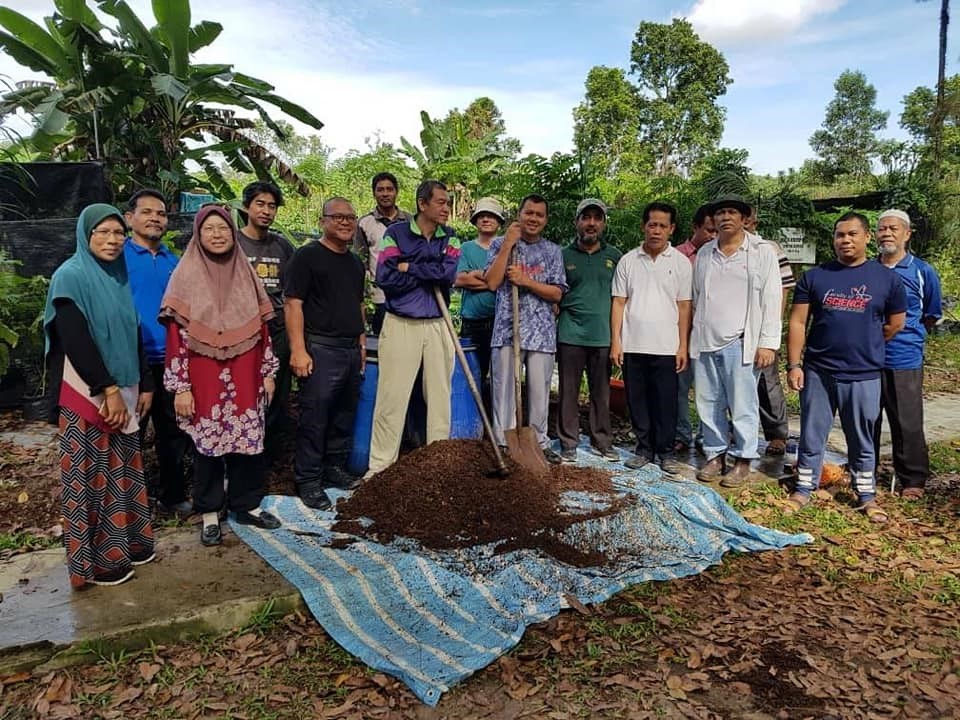
Compost making workshop from agricultural wastes using EM・1 with UTM staff.
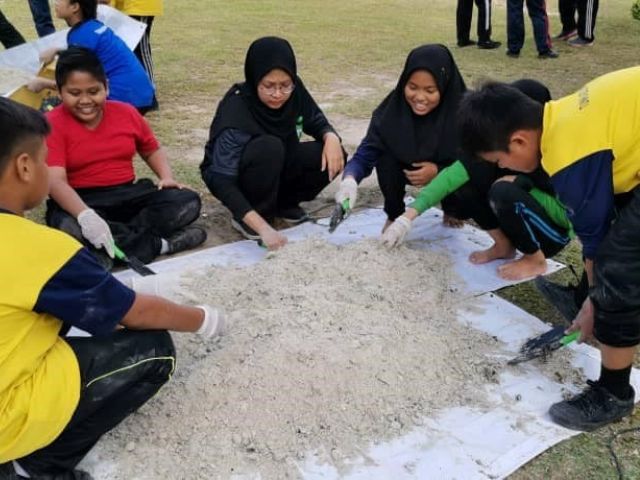
Organic waste recycling campaign with neighbouring secondary school children and university students.
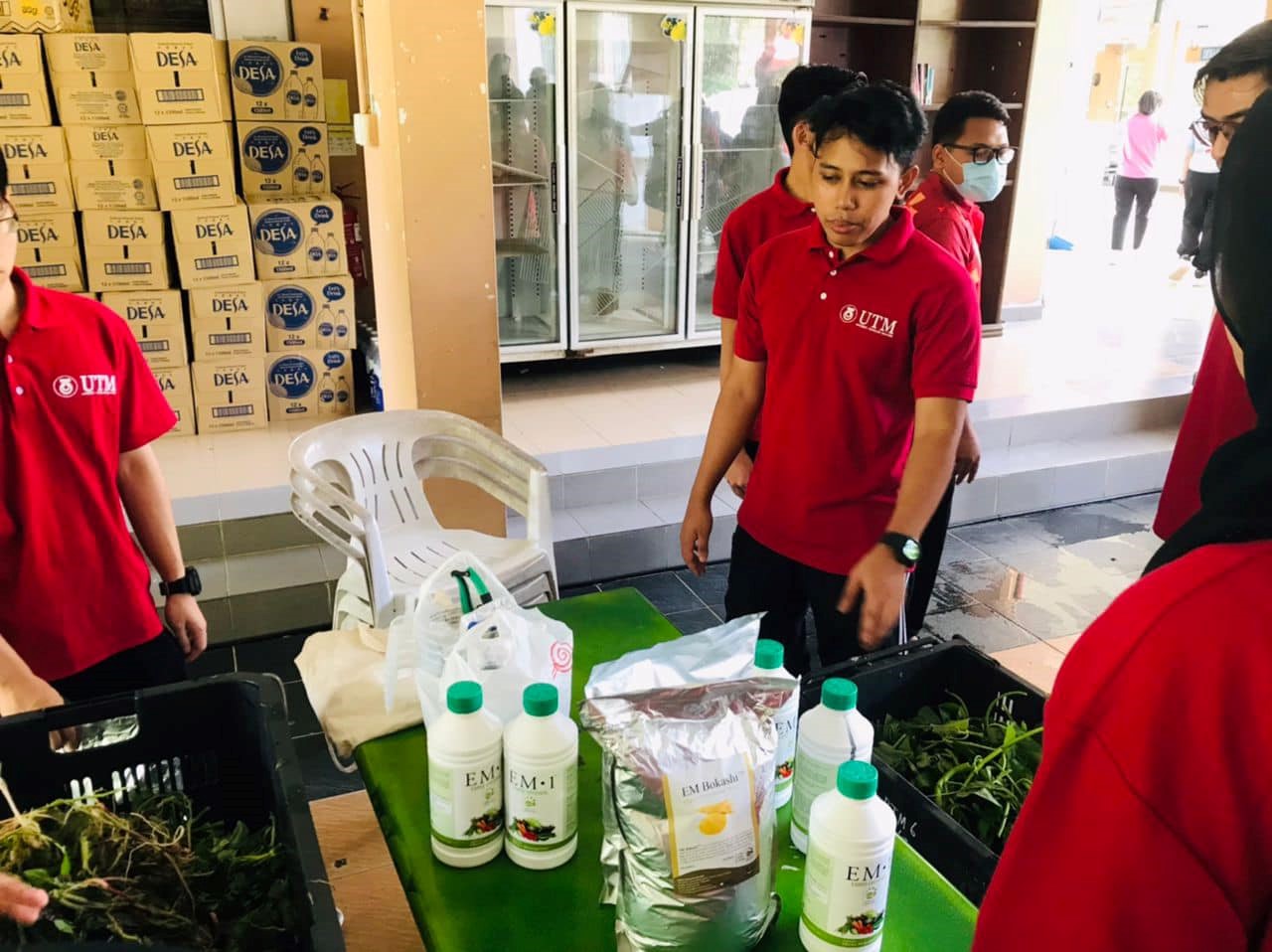
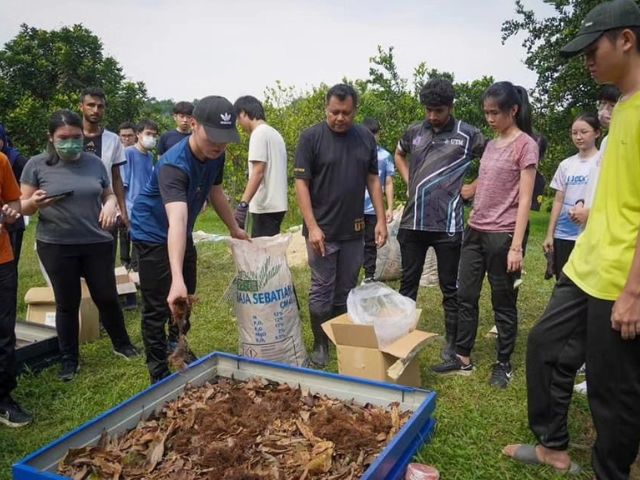
Preparing the soil with EM for gardening
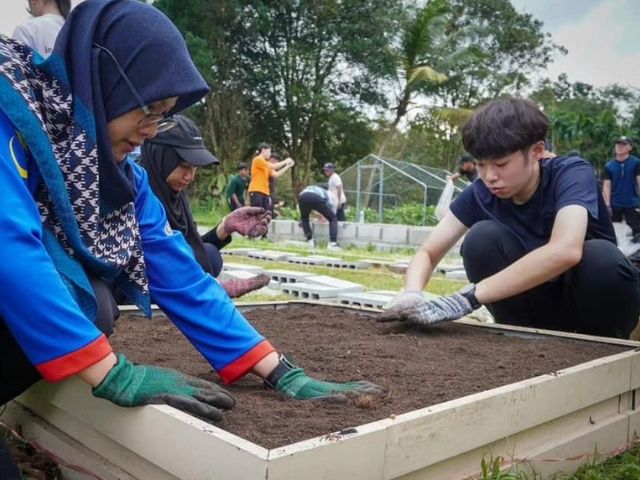
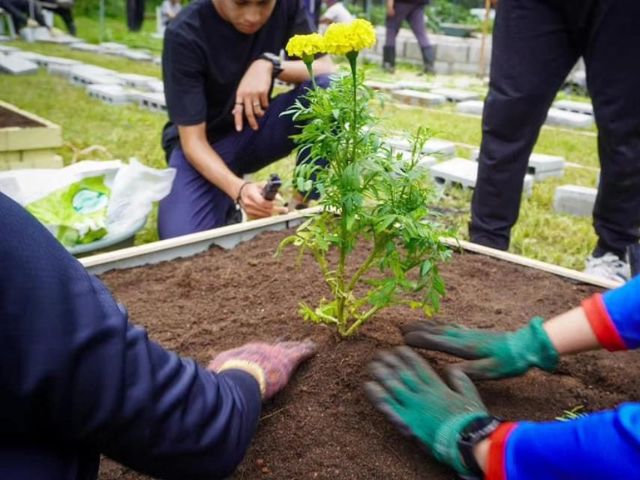
By establishing a recycling station and an organic garden model, the expected outcomes and impacts include:
-Converting organic waste into fertilizer and other valuable products.
-Enhancing environmental awareness and behavior within the university community through social marketing approaches.
-Promoting the integration of research and community outreach.
-Reducing the operating costs associated with solid waste management. -Serving the public by providing research, outreach, training, and technical assistance on sustainable organic waste management.
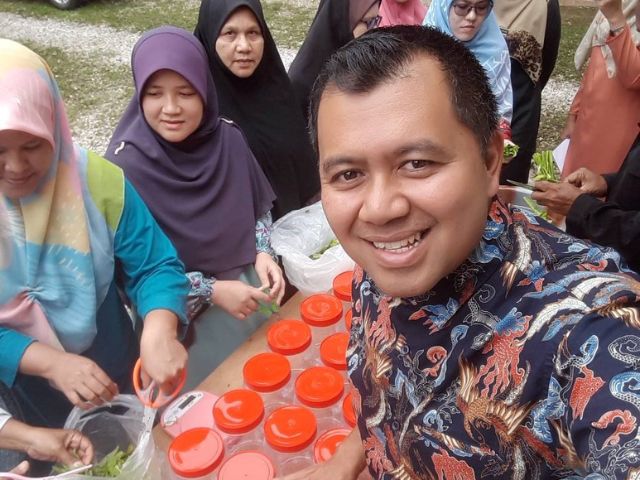
Organic waste management training for rural Malaysian communities with the collaboration of the Ministry of Rural Development.
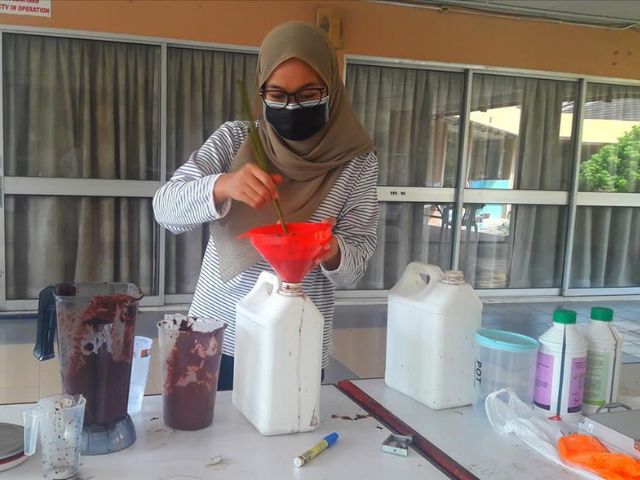
Application of fermented fruit peels juice in the production of short-term agricultural crops research project.
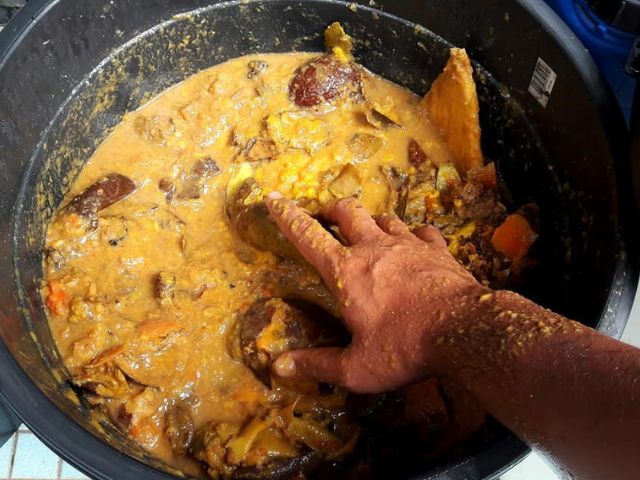
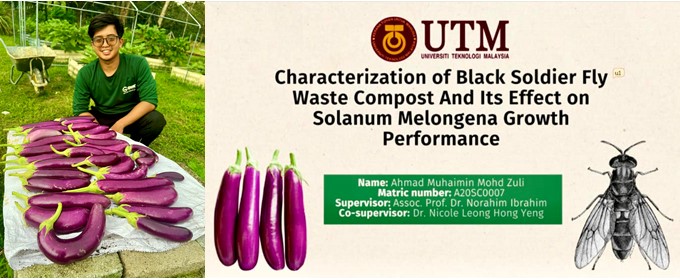
A final year student with his research outcome based on compost production.
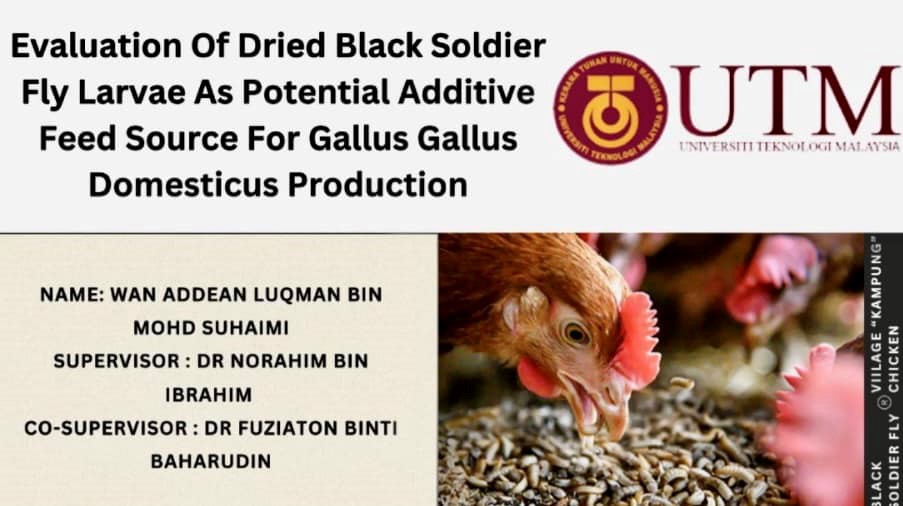
A research project on feed and broiler production using EM・1.
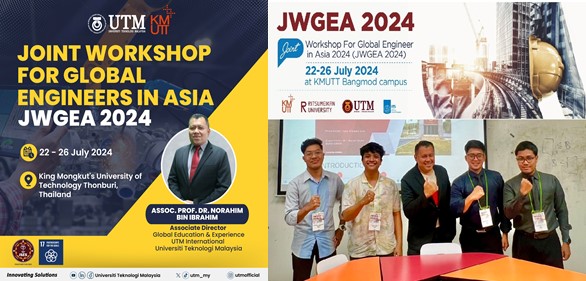
Presenting research projects using EM・1 at an International Workshop in Thailand.
2024.8.30 Updated